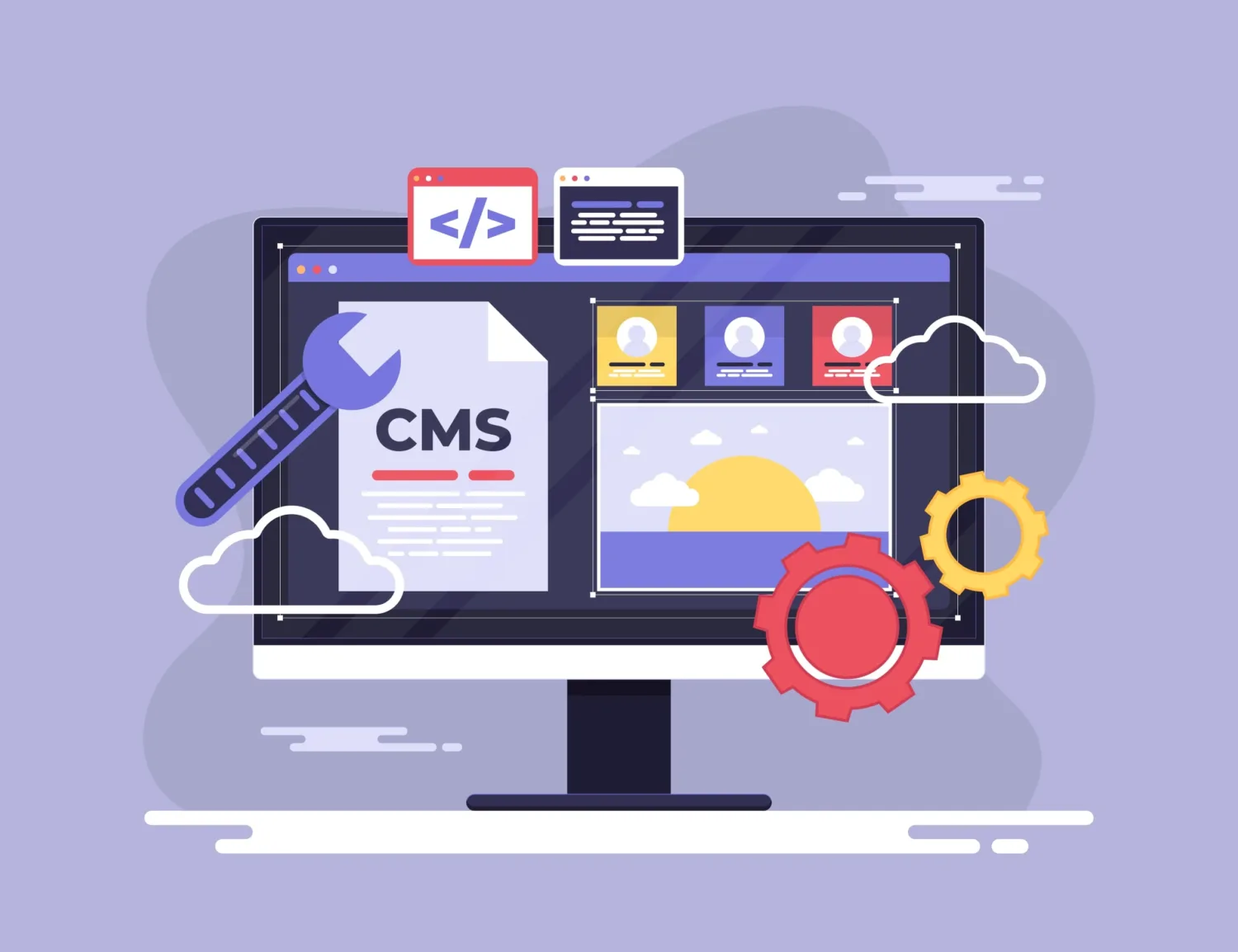
HTML vs WordPress: A Complete Guide
In the digital age, having a robust online presence is essential for any business. Whether you’re launching a new website or revamping an existing one, choosing the right platform is critical. Two of the most popular options for building websites are HTML and WordPress. In this guide, we’ll break down the differences between HTML and WordPress in terms of performance, content management, security, and development costs to help you make an informed decision.
What is HTML?
HTML (Hypertext Markup Language) is the core language of the web. It is a markup language that structures the content on the web and is primarily used for creating static websites. With HTML, web developers write code manually to create web pages that are static, meaning the content doesn’t change dynamically unless modified in the code itself.
HTML Website Designing is often chosen by businesses looking for a custom-built website where they have complete control over the design, layout, and functionality.
What is WordPress?
WordPress is a powerful Content Management System (CMS) that allows users to create, manage, and update websites with minimal coding skills. Initially designed for blogging, WordPress has evolved into a versatile platform capable of supporting e-commerce sites, portfolios, blogs, and business websites. It is open-source software, making it accessible and customizable for a variety of users.
WordPress Web Design focuses on creating dynamic websites where content can be easily added, modified, or deleted using an intuitive dashboard. WordPress provides a range of themes and plugins, making website creation faster and more flexible.
Performance Comparison
When it comes to performance, there are notable differences between HTML and WordPress.
- HTML Websites: HTML sites are generally faster because they are static and lightweight. Since there’s no need to load extra resources such as plugins, HTML websites tend to offer quicker page loading times. However, maintaining and updating an HTML website can be time-consuming, especially if you’re not a web developer.
- WordPress Websites: While WordPress can be slower due to plugins, themes, and database queries, there are optimization tools like caching plugins and Content Delivery Networks (CDNs) that help improve performance. WordPress’s flexibility makes it easy to scale the website as your business grows, but it requires regular maintenance to keep performance up.
Content Management
Content Management is a key consideration for businesses looking to update their websites regularly.
- HTML: Managing content on an HTML site requires coding knowledge. Each update needs to be made manually in the code, which can be time-consuming and inefficient for non-developers.
- WordPress: WordPress shines when it comes to content management. The CMS allows users to manage their websites easily through an intuitive interface. No coding knowledge is needed to update content, create new posts, or add images. This makes WordPress the ideal platform for businesses that need to frequently add or update content.
Security
Both HTML and WordPress websites offer different levels of security, depending on how they are managed.
- HTML: HTML websites are considered to be more secure because they are static, meaning there’s no database or dynamic content that hackers can exploit. Without external plugins, there’s less vulnerability, making it easier to secure the site.
- WordPress: WordPress security largely depends on the plugins, themes, and server environment you choose. Since it’s a popular CMS, it’s often targeted by hackers. However, you can implement strong security measures, such as using security plugins, keeping software up-to-date, and choosing a reputable hosting provider.
Development Costs
The Development Costs for building a website on HTML or WordPress can vary significantly.
- HTML: Developing an HTML website typically requires the expertise of a professional web developer, making the initial cost higher. Custom HTML websites offer more control and uniqueness but come at a higher development cost. Additionally, any future changes will require hiring a developer, leading to ongoing expenses.
- WordPress: WordPress development can be more cost-effective, especially for small businesses. With free and premium themes and plugins, businesses can create fully functional websites without heavy development costs. WordPress’s lower ongoing maintenance costs also make it a more budget-friendly option in the long run.
Which One Should You Choose?
Choosing between HTML and WordPress depends on your business needs and resources:
- If you need a high-performance website with custom functionality and don’t mind higher upfront costs, HTML website designing may be the better choice.
- If you’re looking for an easy-to-manage, dynamic website with frequent updates, WordPress web design is the ideal option. Its content management features, along with lower development costs, make it a popular choice for small to medium-sized businesses.
Conclusion
Both HTML and WordPress have their strengths and weaknesses. If you’re unsure about which platform to choose, consult with an experienced web development company like SentieroTech. We specialize in building high-performance websites tailored to your business needs, whether you’re looking for custom HTML website designing or a dynamic WordPress web design.
Ready to build your website? Contact us today to get started!




